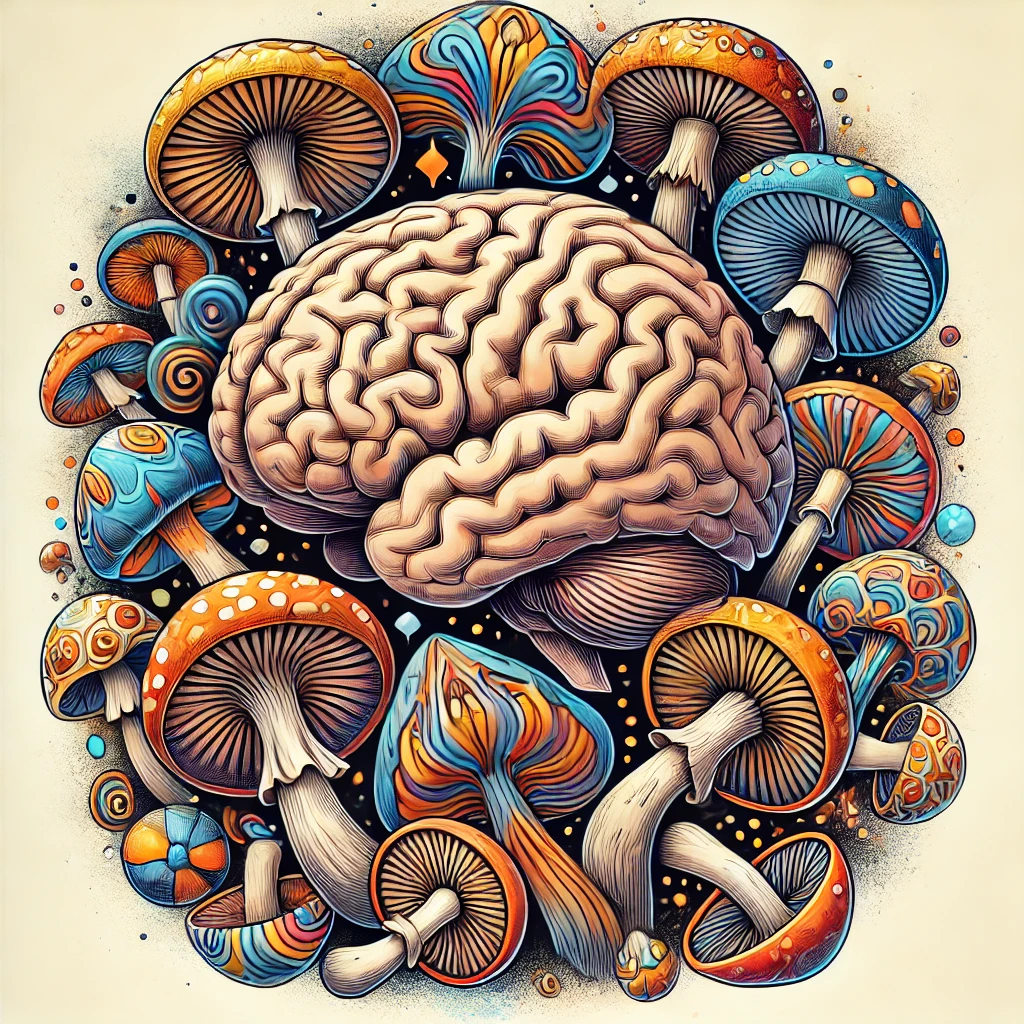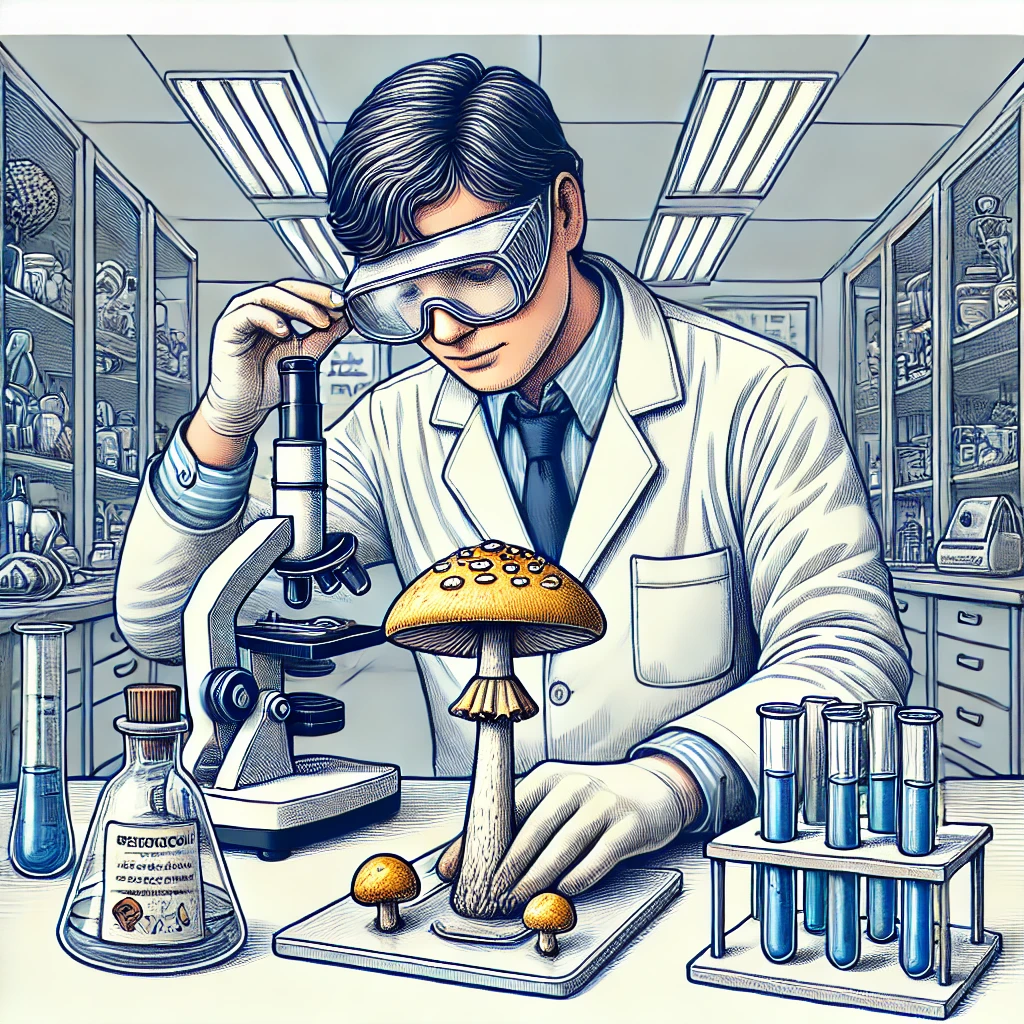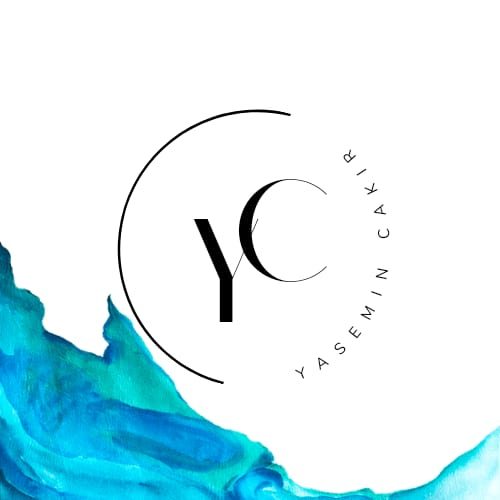
Last year, I attended Product Earth, an expo event mainly focusing on natural wellness. From here on I gained valuable insight to the additional support that psychedelic options could provide, natural or synthetic and these emerging options are being researched to offer new hope for patients not responding to conventional approaches. With further research into mental health, I have only ever seen increasing recommendations and information surrounding this topic; so here’s some science and logic behind it, to explain why it’s a treatment option I’d be open to. I will be focusing on 3 main treatment options here; MDMA, Esketamine, Psilocybin.
Disclaimer Please speak to your healthcare professional if you feel you may benefit from any of these options; obtaining these without a legal prescription can lead to severe health complications and legally, imprisonment.
What is MDMA?
MDMA is a synthetic psychoactive drug that’s used as a stimulant. Known as ‘Molly’ or ‘Ecstasy’ in the recreational world, users often report feelings of enhanced mood and better social interactions. Recently though, it has been studied for its potential benefits for PTSD patients.
How It Works
In previous blogs regarding mental health and the ECS (separately and in unison) we touched on neurotransmitters such as serotonin, dopamine and norepinephrine. Well, MDMA is seen to increase the release of Serotonin, providing a ‘boost’ – improving mood, reducing anxiety and providing a sense of general well-being.
It also lowers the level of activity in the amygdala, meaning the patient can face difficult emotions with further ease, reducing fear responses.
The Future of MDMA in Healthcare
Although MDMA is not used as a stand-alone treatment option, the future is looking brighter for more options to be used with psychotherapy, such as drastically quicker response times in comparison to currently used methods and further emotional connectivity which increases communication, making the overall treatment process more efficient, empowering and comprehensive for the patient. Currently in stage 3 trial phases the developments are significant, but we may be waiting a while to see any regulatory movement.
MDMA remains a Schedule 1 drug in the UK, meaning it is considered to have no therapeutic use outside of research. However, the FDA in the U.S. has granted MDMA-assisted therapy “Breakthrough Therapy” status, which may speed up future approval and consideration in the UK.
What is Esketamine?
Also synthethic, Esketamine is is derived from ketamine, very well known as an anaesthetic and also in the recreational world. It has become available via the NHS as a nasal spray named Spravato and was first approved for use in late 2022, so still very new. Even with CBMP’s being legalised in late 2019, so 3 years prior, the NHS numbers are still in the low hundreds, so I can imagine the difficulty of accessing Spravato. The current requirement is that you have must tried 2 antidepressants that have not been successful in your treatment; but with over 20, it has never been offered or even mentioned to me.
How It Works
Esketamine works with the brain’s ‘wiring system’ the glutamate system. The glutamate system helps all of our neurons communicate and work, including serotonin and dopamine. Esketamine slows down and temporarily blocks some of the brains wiring, which may sound confusing, but this temporary block then forces the body to make the connection once again, naturally, helping the brain repair itself. Where traditional antidepressants take on average 3-6 weeks to fully settle and show full effect, the effects of Esketamine can be seen in a matter of days, and in some cases even hours.
The future of Esketamine in healthcare
Esketamine has come up many times when searching for further assistance, but as far as I’m aware, there is less than a handful of clinics which are all in the South of the UK; and the treatment requires monitoring and close supervision physically and mentally for the moments following immediately after administration, and the weeks and months following, so it is difficult to incorporate into daily life.
As with all private healthcare, the prices are looking at thousands for the treatment, but the results are promising and much quicker…
If you have enough time and money on your hands, why not? It will take a long time for the NHS to catch up but for the generation after us, I can see the options being more accessible and it will have all stemmed from the research and information we are shedding light onto now.
What is Psilocybin?
As opposed to the two other medication examples above, psilocybin is a naturally occurring compound in certain types of mushrooms, often known as ‘magic mushrooms’ in the recreational community. User report altered states of mood and although the history goes way back to carry significant cultural weight, recently Psilocybin has gained increased attention for its potential to treat certain mental health conditions.

How it Works
Psilocybin is converted into psilocin in the body, which acts on serotonin receptors in the brain. This alters how certain areas work, especially the Default Mode Network (DMN), which is involved in self perception, memory recall and negative thinking. When the usual DMN is disrupted, much like the Esketamine example given above, the brain almost ‘resets’, causing a break in the cycle of negative thoughts and emotions recurring.
The Future of Psilocybin in Healthcare
Still a class A substance in the UK, only recently have limited permissions been granted for research purposes; Kings College London and Imperial College London’s Centre for Psychedelic Research have made significant findings in their studies, proving hopeful for further research licencing and funding.
In conclusion, the future is looking bright for new medications, showing quicker effectiveness and better results overall to the medications we currently have for those with treatment resistant depression and other mental health struggles.
Although I don’t see any major changes happening within the next decade, I can envision our children being able to access medication in a completely different way and that the days of ‘pill popping’ medication will slowly start to phase out.
The need for psychotherapy and a holistic approach remains, but we can re-think our medication options; and stop pretending that the already available pharmaceutically traditional medications can’t cause just as severe side effects as the MDMA, Eketamine or Psilocybin can.
With close monitoring, further research licencing and funding as well as societal awareness, we could have three ‘little miracles’ on our hands here.
- MAPS – MDMA
- FDA – Psychedelic Drugs: Considerations for Clinical Investigations
- Nature Medicine – MDMA Assisted Therapy for Severe PTSD
- NICE – Esketamine / NICE – Esketamine for MDD
- Kings College London – Psychoactive Trials Group
